Resources
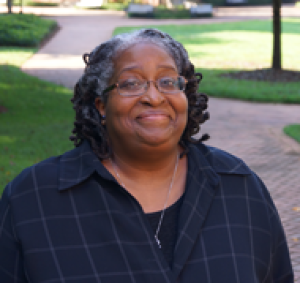
Marcia Y. Riggs, Ph.D. J. Erskine Love Professor of Christian Ethics Columbia Theological Seminary Why does an African American woman--a Womanist black liberationist religious ethicist-- in her right mind teach for twenty-three years in a historically white seminary in the South? I have asked myself this question many, many times, and most of those times in prayer on my knees to a God that I am sure is the “one that I have found in myself” and love fiercely (re: Ntozake Shange). There you have the answer: there is this call to teach that is the “fire in my bones”...
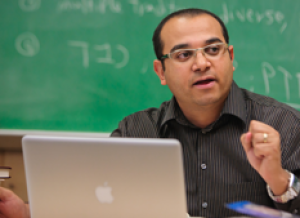
Nekeisha Alayna Alexis Coordinator Intercultural Competence and Undoing Racism Anabaptist Mennonite Biblical Seminary Safwat Marzouk Assistant Professor of Old Testament Anabaptist Mennonite Biblical Seminary Recent spates of lethal violence against people of color—and black men and women in particular— are devastating reminders of the high cost of unaddressed oppression. The race- and class-based killings of Mike Brown in Ferguson, Mo.; John Crawford in Beavercreek, Ohio; Eric Gardner in Staten Island, New York; and Renisha McBride in Dearborn Heights, Mich.; to name a few, undercut illusions of how close we are to a “post-racial” or just society. However, these tragedies must...
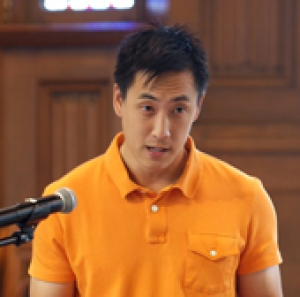
Rev. Gerald C. Liu, Ph.D. Assistant Professor of Homiletics and Worship Arts Drew Theological School I teach preaching at Drew Theological School. Two sets of questions guide my pedagogy. One involves hermeneutics: I compel my students to ask, ‘How does “preaching” manifest beyond our words and in the larger world?’ and ‘Why should we pay attention to what others have to say?’ The other set wrestles with theodicy: ‘How do we keep the faith when our words do not suffice?’ The killing of Michael (Mike) Brown haunts those homiletic interrogatives because he made a proclamation before being gunned down. Brown.
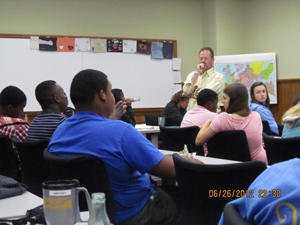
Greg Carey, Ph.D. Professor of New Testament Lancaster Theological Seminary My friend Chuck Melchert took a significant risk once when we were playing a round of golf together. Chuck retired after serving as Dean of the Presbyterian School of Christian Education, and he knows more about teaching than just about anybody I know. He also sits in on my classes from time to time. “Can I tell you something?” Chuck asked. “When African American students in your class speak from their experience, you almost always follow up by explaining why you understand what they’re talking about.” Chuck’s words were hard to...
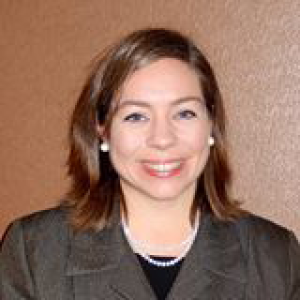
Mindy McGarrah Sharp, PhD Assistant Professor of Pastoral Theology and Ethics Phillips Theological Seminary As I followed the #FergusonSyllabus twitter conversation just before this semester began, I considered ways to address race in a new way in my pastoral care course. Unmasking structures of suffering and developing anti-racist pastoral care practices are already important to both my research and my pedagogy. What is different about race matters this semester? With only one required pastoral theology class in the curriculum, I take seriously my moral obligation to prepare students to be present and responsive to the personal and structural dynamics of...
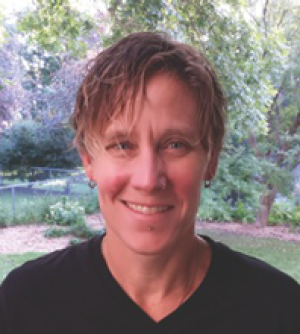
Jennifer Harvey, PhD Associate Professor of Religion Drake University blog: livingformations.com “The asceticism of teaching is the willingness to teach the students you have rather than the students you wish you had.” The rigor and conviction of Patricia O’Connell Killen’s claim about teaching as a practice has impacted my approach to the classroom more than anything else in the ten years I’ve been working at this difficult craft. A teaching practice of being there, in a spirit of willingness, regardless of who shows up, is a challenge. I suspect I don’t have to convince you of this. Who among us...
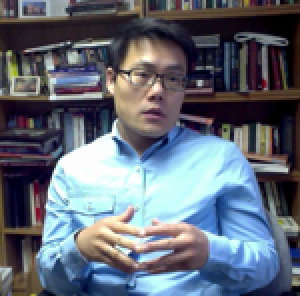
Song-Chong Lee, Ph.D. Associate Professor of Religious Studies and Philosophy University of Findlay Due to the racial and religious homogeneity of my institution, which is predominantly white and Christian (the University of Findlay, in rural Ohio), I have unconsciously focused on issues of greatest concern to my students, especially in the beginning of my teaching career – and this has not included race. This is ironic, for I myself am a native born Korean transplanted to the American Midwest. It was not until I taught my Islam course in 2013 that I found this approach deficient. That semester I had...
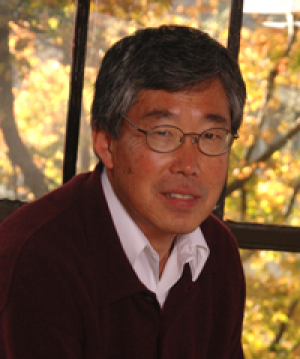
Fumitaka Matsuoka, Ph.D. Robert Gordon Sproul Professor of Theology Emeritus Pacific School of Religion The Ferguson story reminds me of the “Rashomon Effect,” named for late Japanese movie director Akira Kurosawa’s film Rashomon. In the film a crime witnessed by four individuals is described in four mutually contradictory ways. The Rashomon Effect is contradictory and often has opposing interpretations of the same event by different people. The heart of the matter in the Rashomon Effect is the question of truth and truth-telling. Whose understanding of the truth matters most? In light of the recent killing of Michael Brown, an African.
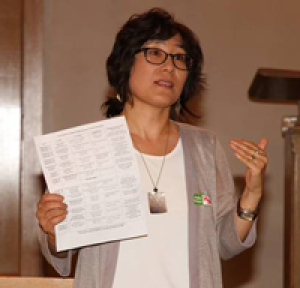
HyeRan Kim-Cragg, Ph.D. Lydia Gruchy Professor of Pastoral Studies St. Andrew’s College (Saskatoon) I am on sabbatical this year. When the shooting in Ferguson occurred, it got me thinking about the last course I was teaching before I went on sabbatical. I pulled out the syllabus and began taking notes on this event as a “living document.” As a practical theologian, “the situation” is a primary document from which to read and upon which to reflect. It can be used to make sense and meaning of the reality that is unfolding. The course is called, “Race, Colonialism, Canadian Identities, and...
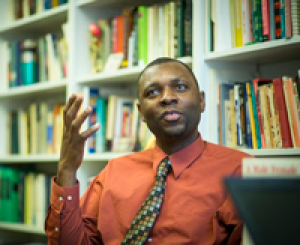
Kenneth Ngwa, Ph.D. Associate Professor of Hebrew Bible Drew Theological School In my “Introduction to the Hebrew Bible” syllabus, a couple of sessions are reserved for the Exodus story: its claims about liberation; the use of official “war gear” against civilians; the dread of nightfall; legislative debates; witness accounts to the sights and sounds of violence; the importance of memory, etc. “After” Ferguson, teaching this biblical story almost sounds too convenient. Yet, engaging race and racism is like solving a math equation: long division with remainders. The burden of structural racism is not just its deadly power,...